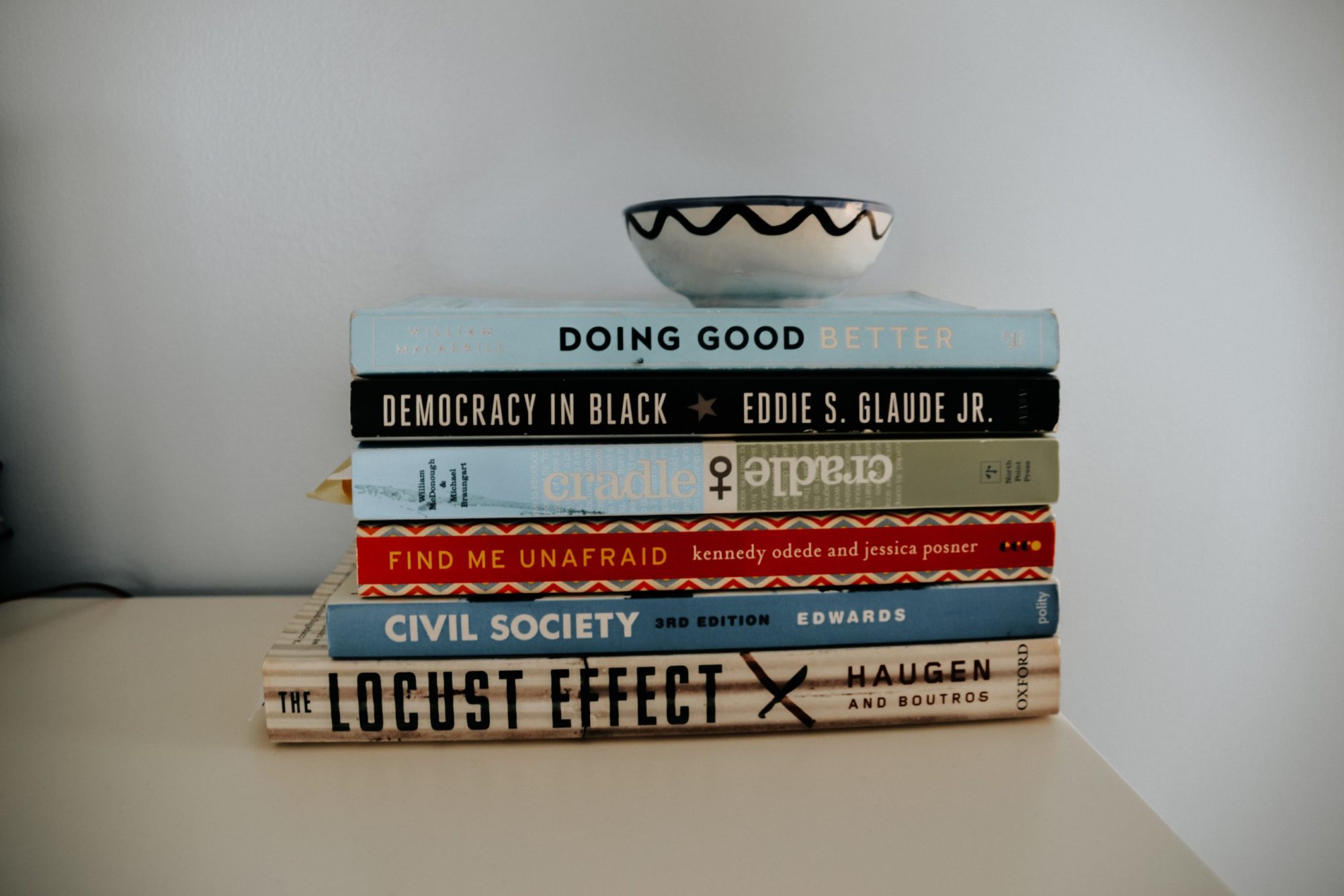In the past few weeks, COVID-19 has dominated the media landscape. As Novel Hand continues to cover different resources for understanding the implications of this emerging situation, I wanted to step back for a moment to kick off a series of posts exploring how corporations behave altruistically and the range of reasons and efficacies they might have in doing so. In addition to learning and educating, I hope to motivate questions of why understanding the social impact, strategic and inadvertent, of businesses and their technologies matters for us as both consumers and citizens.
Corporate Social Responsibility is a broad concept in this area, and it describes various ideas and business models that help a company be socially accountable to its consumers, competitors, the public, stakeholders, investors, and even itself. This includes economic, social, and environmental impacts that companies may have, both internally and externally. Related concepts such as socially responsible investing and conscious capitalism are also important in this landscape and describe the many efforts a company may make to position its brand, further its mission, and create social value beyond economic profits.
While corporate social responsibility introduces an entire field of fascinating topics related to business and altruism, in many ways it might not feel like much more than a commendable ideal. The reality is that most of us are not CEOs or VPs of Marketing: we are employees, students, consumers, and citizens. My goal, however, is through case study, research, and discussion, to highlight the ways in which these seemingly minor roles are in fact critical to the ways that corporations engage with communities far beyond their direct reach. In the past, I’ve often felt that while it’d be nice for companies to care about the uses of their products and profits, there wasn’t too much to be concerned about as long as they weren’t explicitly problematic in their effects on communities and consumers. I’d seen headlines like “Behind a $13 shirt, a $6-an-hour worker” about working conditions and companies like Forever21, but when I was at the store or had to make decisions as a consumer, I found myself ignorant of what my purchases meant in a larger context, and often ended up just looking for the best deal. Furthermore, I’ve long thought of altruism as being synonymous with “volunteering” or “doing good”. I’ve come to realize that while these may be part of what altruism looks like in our communities, we all have unwitting social impacts and an “altruistic footprint” in a multitude of ways– for example, by furthering or inhibiting the various missions of corporations whose products or services we choose over others.
This February, I attended an event on campus featuring New York Times reporter Natasha Singer, aptly titled “Challenging Silicon Valley’s Infinite Loop of Irresponsibility”. Ms. Singer, a distinguished technology reporter for the Business section of the Times and a fellow at the Data & Society Research Institute in Manhattan, began her discussion by introducing the concept of “accountability journalism”, which she calls a “form of debugging”. For those unfamiliar with the term, “debugging” is used in computer science to describe the process of locating and resolving errors that make written code behave or perform incorrectly, or in ways other than the programmer intended. It’s the often tedious and painstaking, albeit critical iterative process of testing and retesting that turns the first draft of a computer program into the polished version that can be reliably delivered to its users. More generally, debugging is about searching for unintended consequences and finding ways to make something better– this is my aim in taking a deeper look at corporations as social actors, and what this means for altruism in our generation.
To this end, what Ms. Singer calls “accountability journalism” is in a sense part of what I hope to do through this series. Like the other Novel Hand contributors, I am not a full-time reporter, nor do I have the knowledge or expertise to reveal specific corporate social missteps. I am, however, a consumer, employee, and citizen, and any one of these three roles gives me insight and responsibility regarding the spectrum of social actions, altruistic and otherwise, that corporations large and small make through their own behaviors and through ours. My purpose is not to expose or condemn any specific corporation; rather, I hope that by educating ourselves, we can better understand how we as consumers inform the social actions of businesses that we engage with on a daily basis.
- Activism, Meet Impact: Erika on GameStop, Hacktivism and Empathy - February 8, 2021
- Innovative is not Progressive: What Technology Means to Activists - January 5, 2021
- Hacktivism: Resistance from Digital Gabon - December 8, 2020
